Framing Myself As a Figure, As a Sculpture
Putting the human figure in the center of photography and coincidences at the center of the movement, Isabelle Wenzel takes on the role of both the viewer and the artist with the new perspective she brought to the world of photography. For Isabelle, who transforms going beyond the limits of perfection into an aesthetic choice; photography is to frame oneself as a figure, a sculpture. We are not independent of the world and need to find a way to balance. Take one step closer to Isabelle, who believes that we are not independent from the world, strives to eliminate dualities, and most importantly, believes that there is always a way out even though everything seems to be fine!
What does movement mean to you?
Isabelle Wenzel: Consider two opposite points. One is the digital world and the other is the physical world. Movement is about coincidences and for me, that’s the opposite of unattainable, perfect images. I believe that movement is becoming more and more important for our mental and physical health.
What made you decide to dedicate yourself to photography as an acrobat? What did you find so appealing about the medium?
Isabelle Wenzel: I came across photography quite coincidentally. I wanted to become everything else but a photographer; I was never the one looking; I was more on the other side. When I was 19 I injured my knee very badly and was not able to perform and train for quite some time. So, I had to come up with something in the meantime. I decided to go and study, which at first was more of a gap filler for me. After presenting a portfolio at a design school I was advised to study photography. Which was for sure one of the best advice I have ever received. I discovered that photography is quite close to the moment of performing something for someone. Both in the end is about presenting and looking. But things are no longer alive, you can jump around in a room on your own or run through an empty field and still be able to share what you are doing or feeling with others. Even when you are working on your own and you are just sketching or improvising, you know that there might be a wider audience later. Due to the time aspect of image taking I believe that photography is always about how we look at the past, the present and the future. I learned a lot about the joy of looking. The medium gave me the opportunity to become my own spectator and performer at the same time. I fell in love with all the surprises the medium is offering and that you can look at one thing for ever.

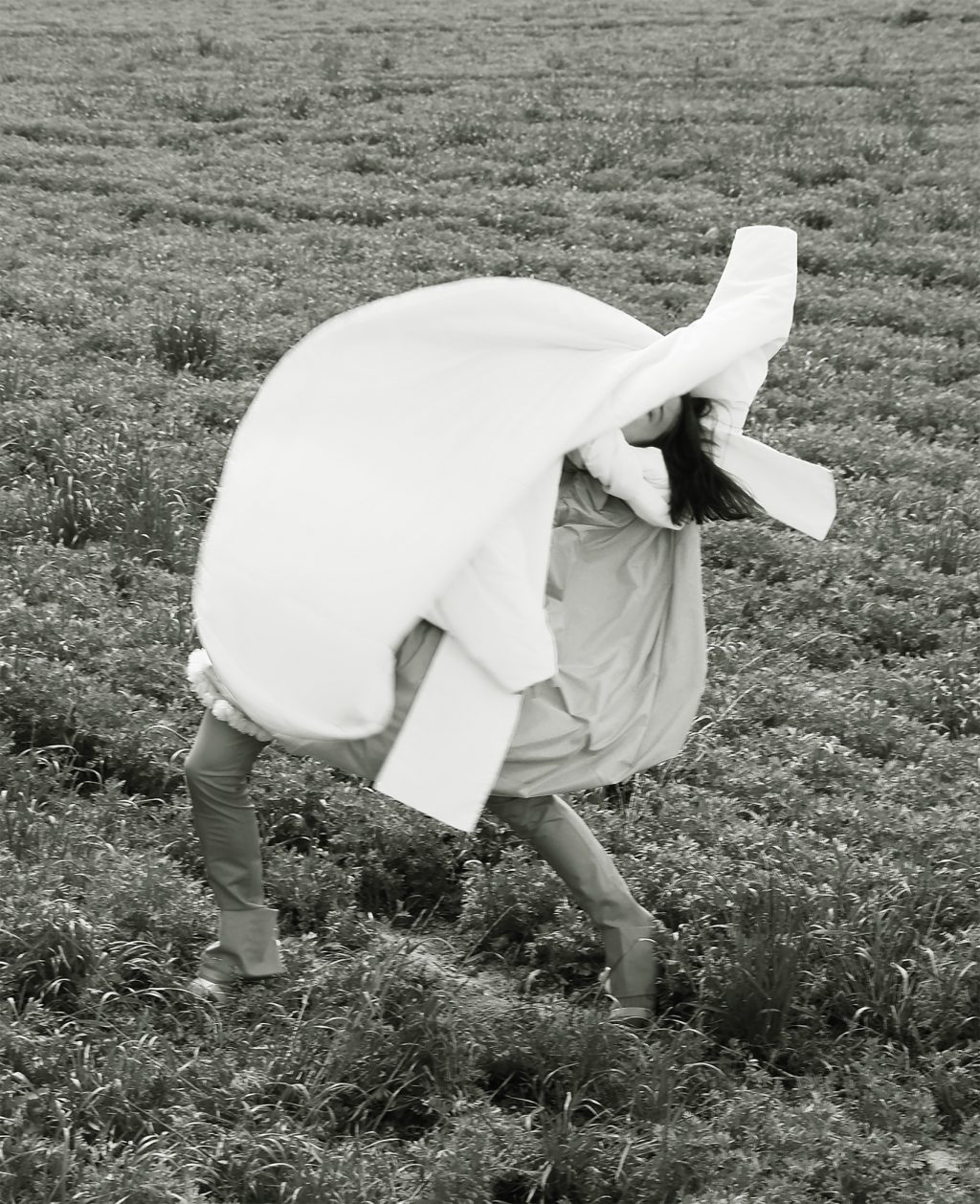
How do you define your aesthetic? Tell us about your choice to use your own body as subject matter.
Isabelle Wenzel: I think that my aesthetic is quite simple. You always have a human figure which is the centre of the image. There is not much of a background and a simple light like the sun. Everything is constructed in a way that the eye of the beholder is resting on the tension of the figure. I often play around with colours but still like if the image stays quite rough. I’m aiming for something imperfect in the image. It is about the posture of the figure, which might be quite delicate on one hand but on the other something needs to be odd. Like an unusual hand position for example or you sense that the figure might collapse any moment and you can already tell that its going to hurt. The reason I reason I work with my own bodies is that I enjoy looking and performing. As a creative process it is also quite handy that you do not need to make any appointments with others. As soon as I’m inspired or like to do something I can get started. And the process is very instantaneous, almost like painting or sculpting. I’m the model, the maker, and the material. While working I get in a meditative state and love that communication is obsolete. I really can forget about the world and shut off my brain while working. My body turns into a machine of knowledge that runs using trial and error with the camera equipment.
Do you use photography as escapism or a way of mirroring who you are?
Isabelle Wenzel: I think it’s highly fascinating that photographic images give us the opportunity to look at ourselves as others do. So, yes, self-images are related to mirroring but also gives you an opportunity to look at yourself from a distance. In my daily life I’m not very interested on how people view me, and I like to show who I am inside rather than reflecting my appearance. While looking at my own images I get this strange feeling as if I’m looking at someone else. But I also sense that the constructed self of my image making game started to have more and more an impact on the person I am. The abstraction started merge with my own life. Like as I’m sliding into the image I invented and become the character of my fantasies. Until the mirror becomes absurd; I’m the refection in the mirror; ‘you are what you see’.
I’m obsessed with depicting bodies in movement and enjoy looking at my own. It’s also a form of self-care and a helpless act of overcoming mortality.
Photography is for me about framing myself as a figure, as a sculpture. It’s such a wonderful medium to express yourself and transform how I look at our bodies in this world.
How can photography transform the way we see and think about ourselves and others?
Isabelle Wenzel: Probably as I tried to explain before: photography is not depicting reality but has a big impact on our understanding of reality. So, the images become true because we want to believe they are and we are not able to look behind its construction. It’s influenced by how we shape and see our bodies. This counts in a negative as well as in a positive way. We can be torn down by it or use it for empowerment.
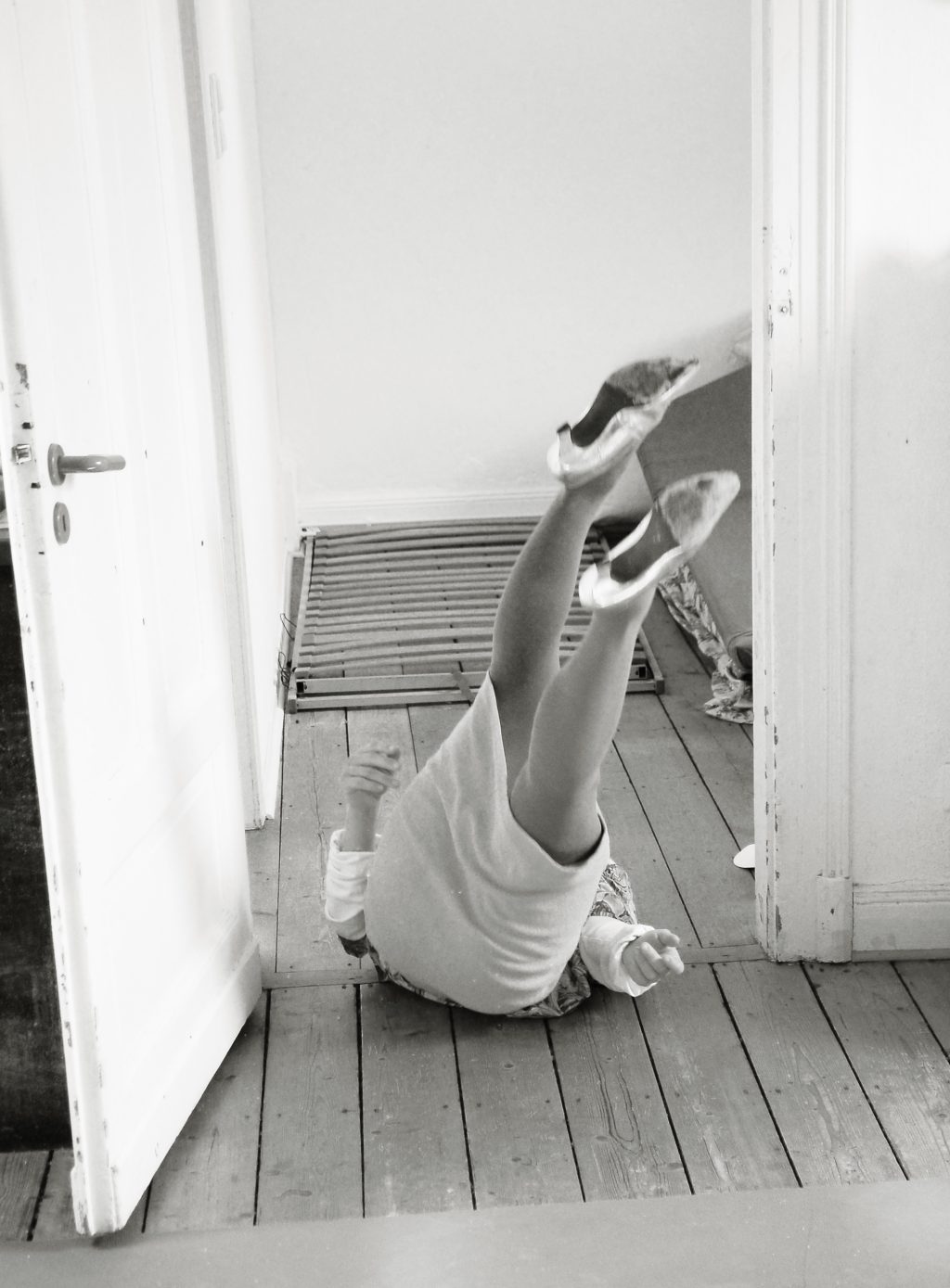
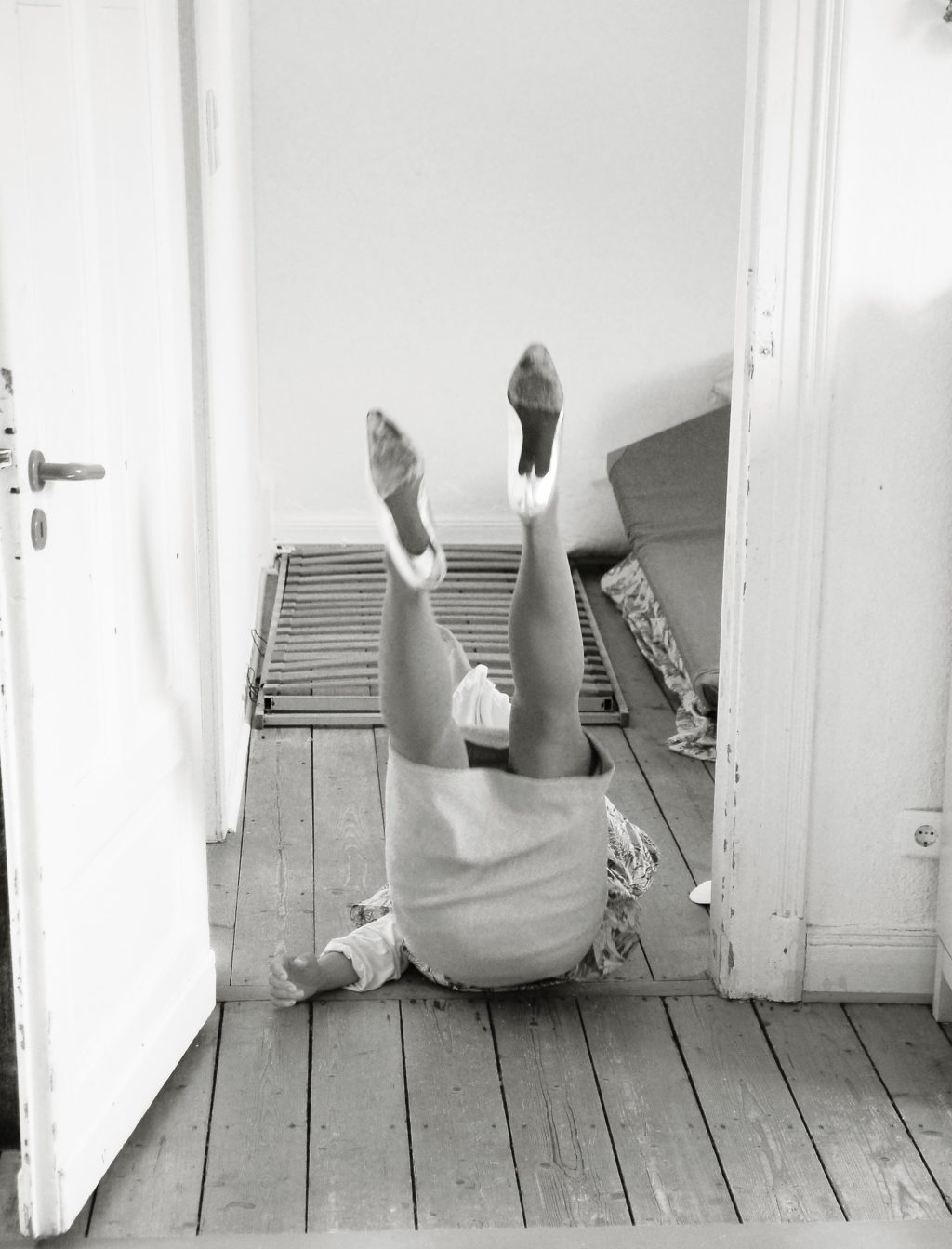
“What does it mean to be human?” is the starting point of your work Automatia. Tell us about the relation with your body, a machine and nature.
Isabelle Wenzel: I was thinking about digital impulses and how they affect our bodies, our daily lives and our connection to nature. I believe it’s not possible or necessary anymore to tell apart what a human (a body) a machine or nature is. For me it’s important to overcome a patriarchal world in the sense that we are the rulers of the Kingdom of the world. Its obviously leading us into disaster. I believe we have to develop new rituals that overcome dualities. In this sense, I can call myself a cyber feminist. And I’m speaking against a separation of nature and culture; the boundaries between the natural and the artificial are blurred. We are not independent from this world and we need to find a way to create a balance. I believe we can only achieve this if we drop our dual thinking.
Where did the idea of ‘’A partnership with a drone.’’ come from?
Isabelle Wenzel: I was photographing myself for over 10 years with the self-timer of my camera and got the feeling that the classic understanding of a photographer is outdated. We all photograph ourselves all the time and it’s more about our relationship with the digital world rather than ownership. So, I got the idea of having a mechanical eye that moves and takes images by its own. Like these I would give up my role as being the photographer at all towards a machine which starts to reflect on how we are and which images of us we give to the world.
”I’m obsessed with depicting bodies in movement and enjoy looking at my own. It’s also a form of self-care and a helpless act of overcoming mortality.”
– Isabelle Wenzel
Which practices lead you to this work?
Isabelle Wenzel: Right from the start I was irritated by models being pushed to the background as secondary roles. I always thought there was something wrong with that. Why is the one looking through the lens is considered ‘the active one’; while the model is belittled to be the passive as ‘the object’. In my process being the model is everything; images are made by a looking and sensing body and the apparatus is used as a tool.
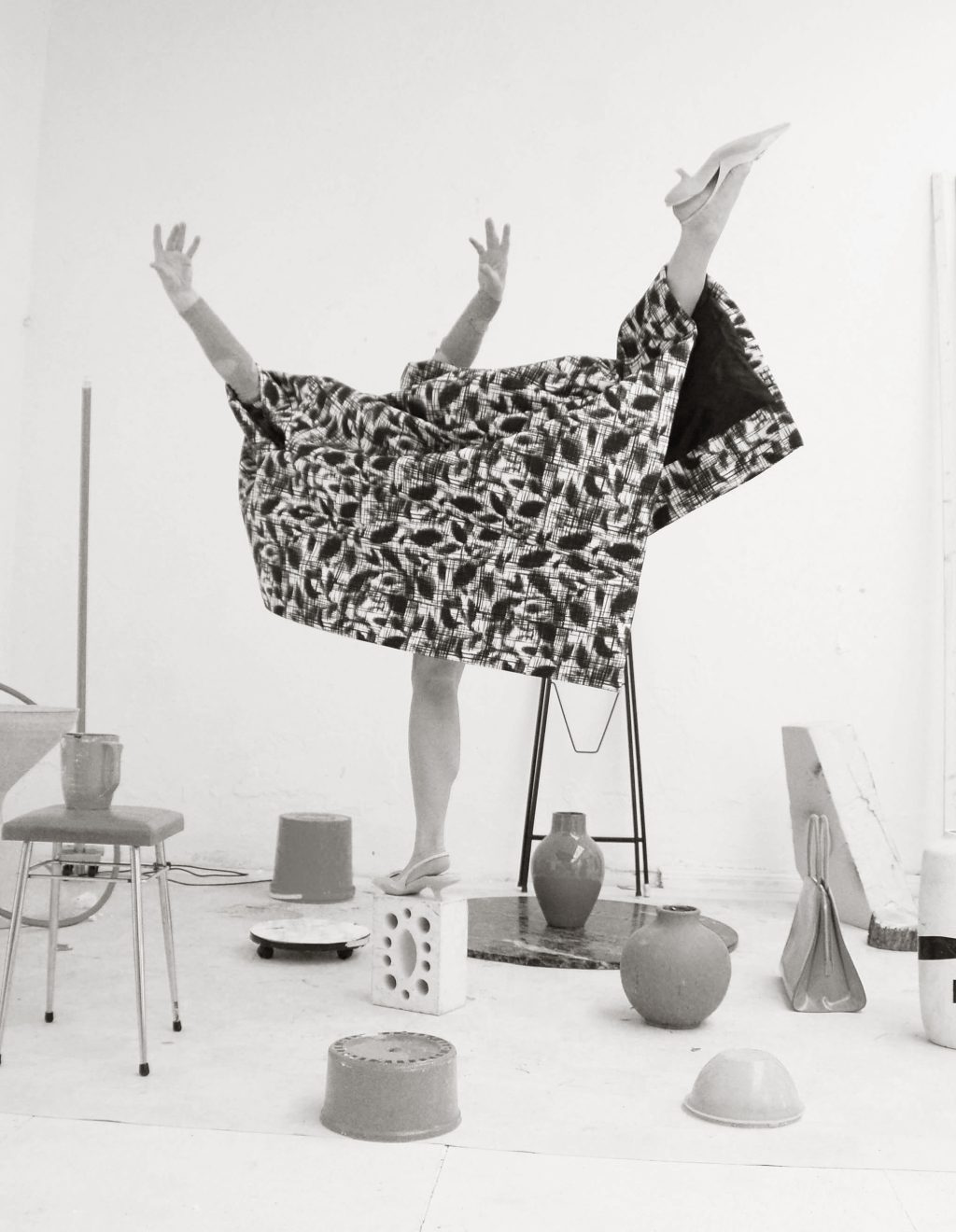
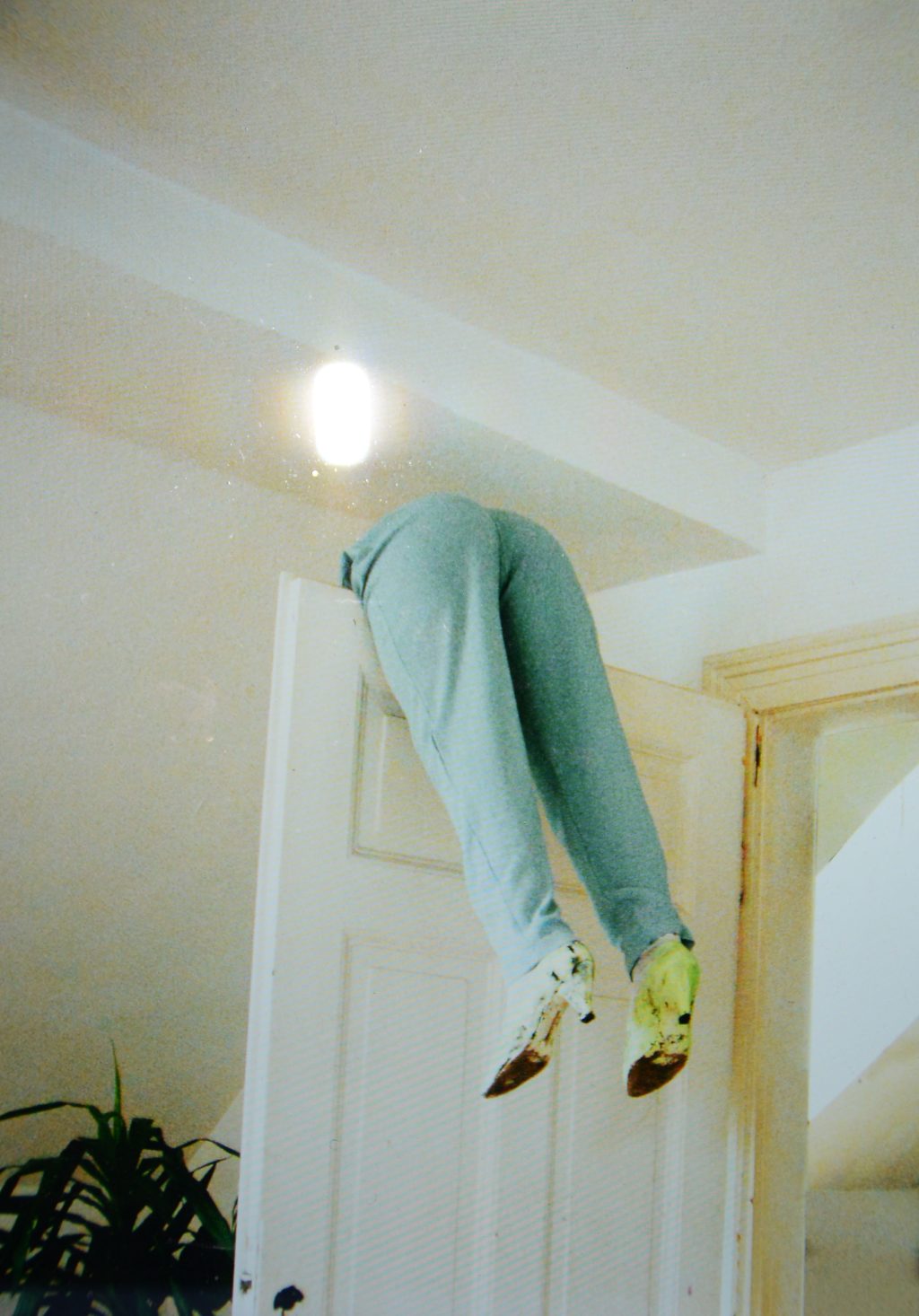
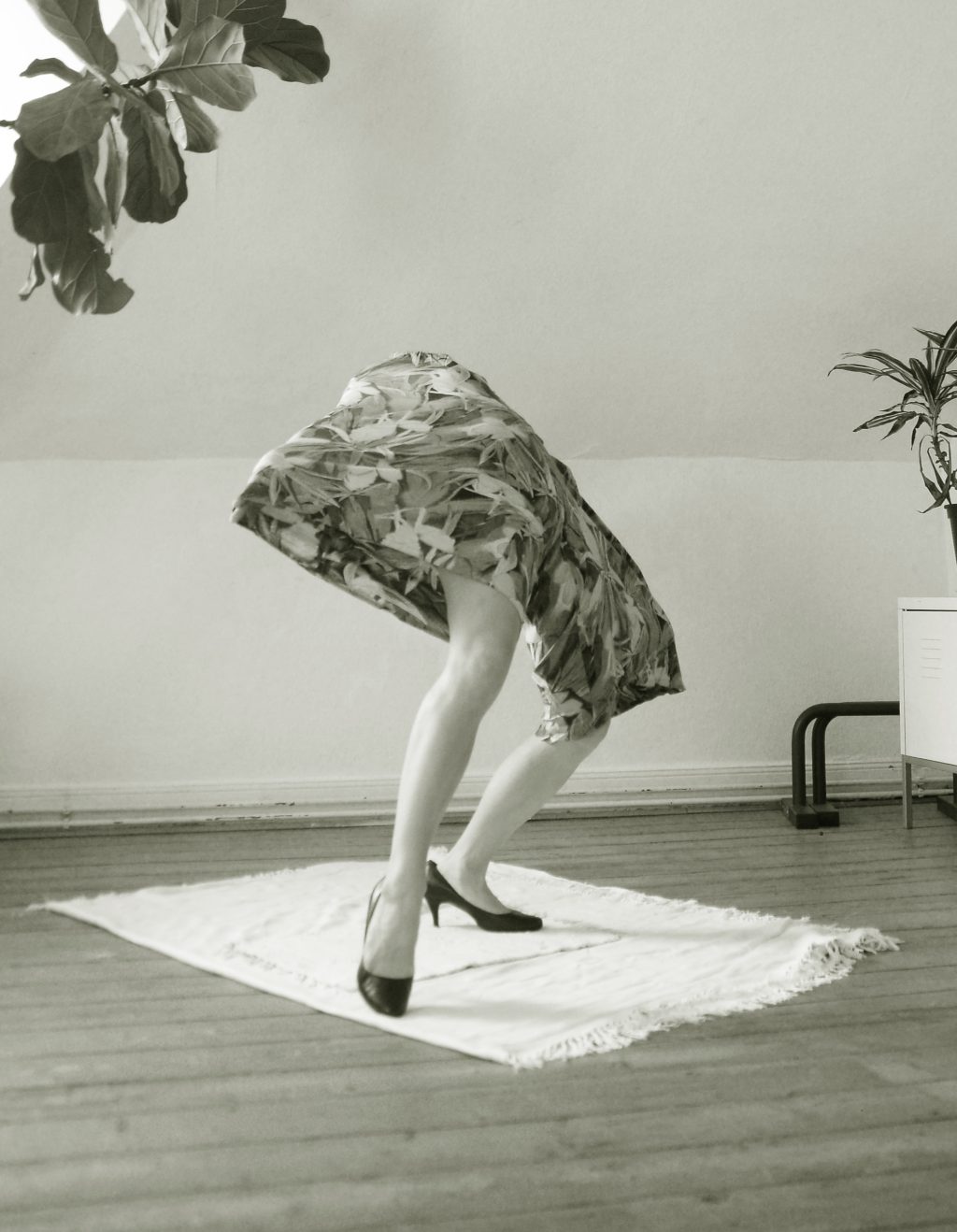
Do you have any advice for creatives?
Isabelle Wenzel: – Follow your personal believes
– Don’t mind what other people are doing
– Be interested in different art mediums
– Don’t expect to become rich
– Spend your money on making art
– Work work work
– Sleep, read, drink coffee, see your friends, go to parties
– Stay away from normative society
– Only have kids if you have the grandparents around
– Leave your comfort zone
– Most important: live as much as you can
Anything is possible, what would you wish for?
Isabelle Wenzel: I would like to wake up one morning and see the world is in balance again
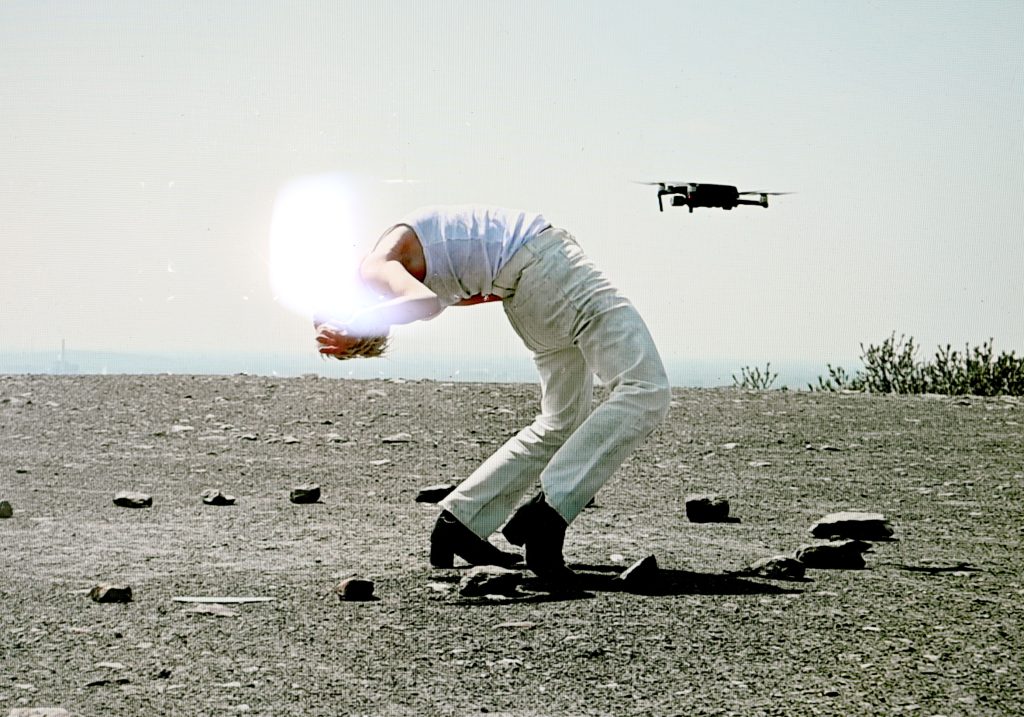
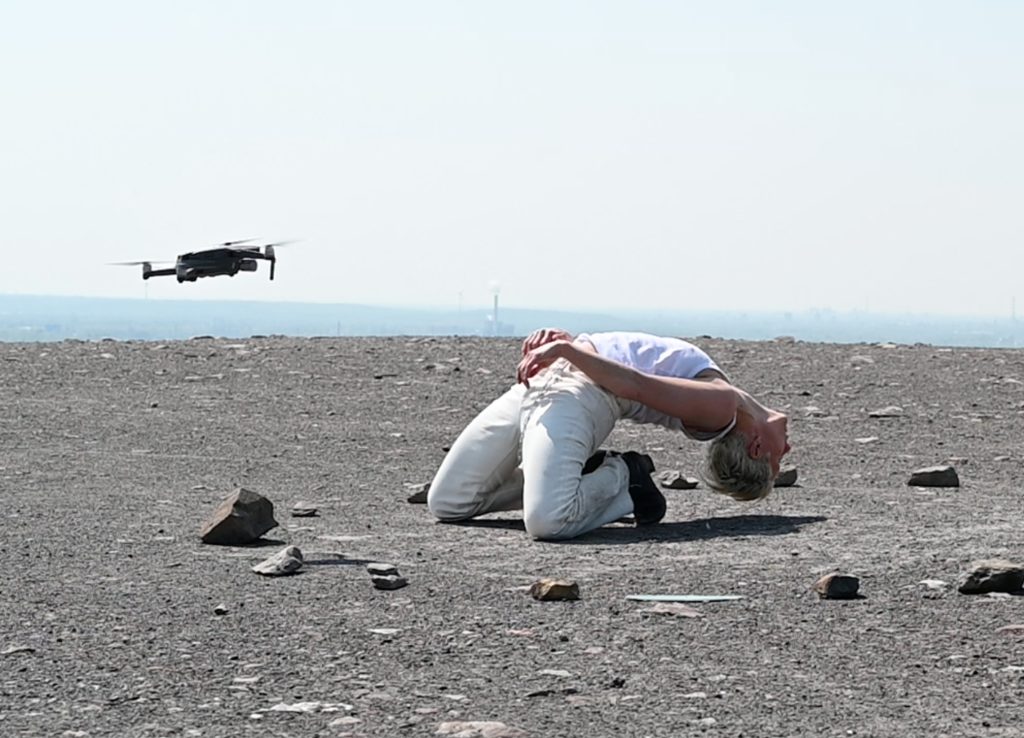
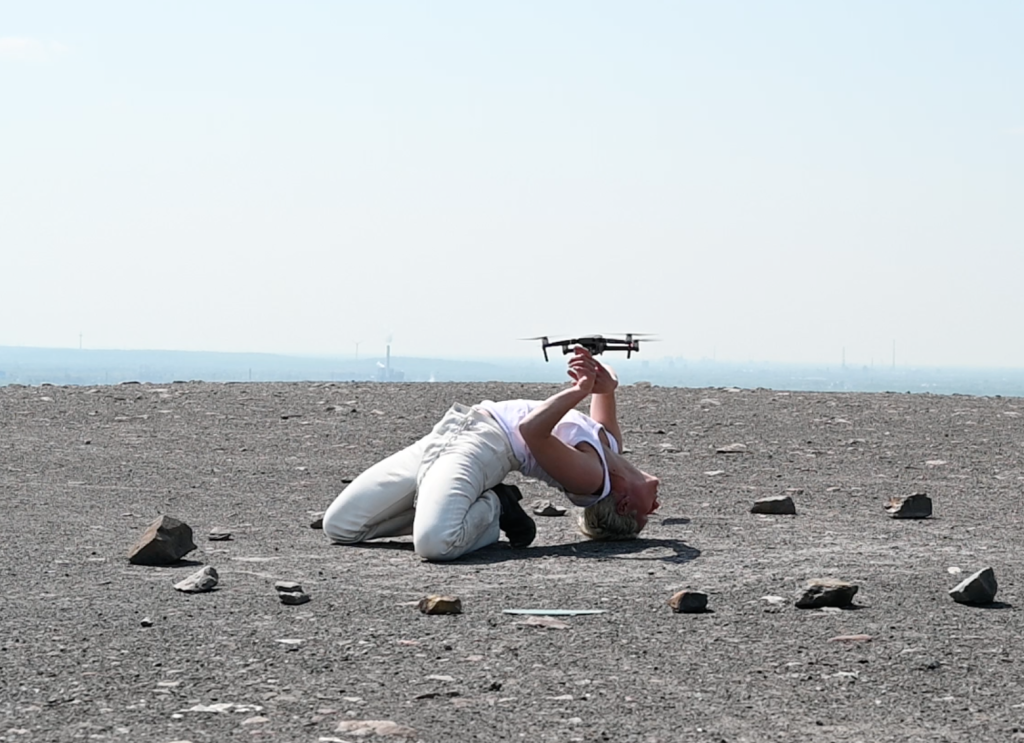
What does hope mean to you?
Isabelle Wenzel: Hope means that even if things aren’t going well, believe that there is still a way out. And there always is one.
What makes you feel most powerful and happy right now?
Isabelle Wenzel: Movement and feeling the connection between us and nature
FROM BASED ISTANBUL NO41: HOPE ISSUE